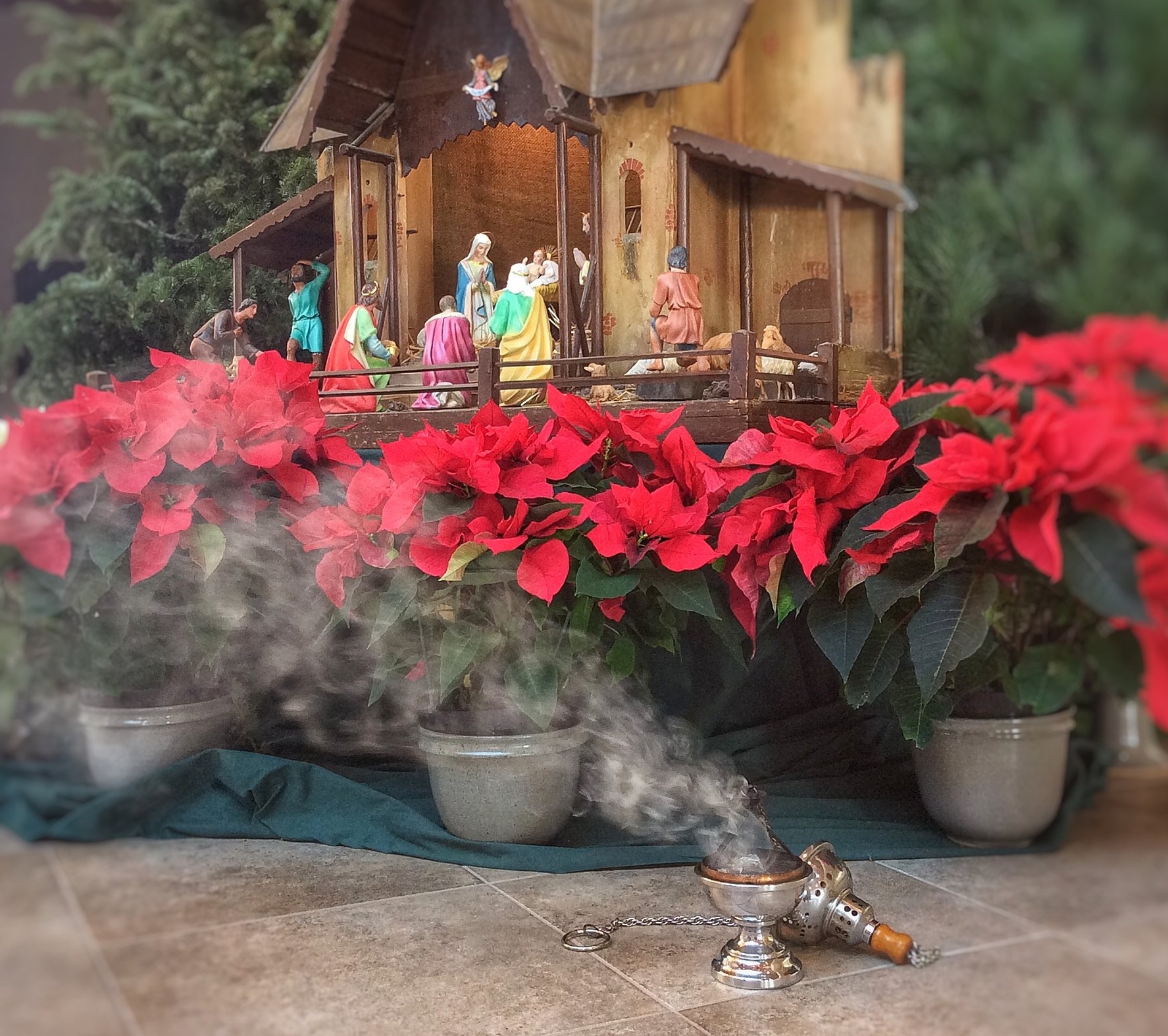All tagged soul's journey
Some women point out rightly that if it had been three wise women, they would have brought different gifts to the holy child, perhaps a blanket and some food, and they might have watched the baby so Mary could sleep. But when we translate the story into our own inward journey, bringing our most precious gifts might not be so inappropriate, after all.
For some, mother's day comes with a bittersweet undertone. No happy children posting happy messages. Some have lost their children before they could birth them, some lost them later, to death or to life. All mothers are also daughters, some cherishing, some mourning, some still struggling with their own mothers.
Some women point out rightly that if it had been three wise women, they would have brought different gifts to the holy child, perhaps a blanket and some food, and they might have watched the baby so Mary could sleep. These would have been wise gifts for a cold infant in winter and an exhausted mother. But when we translate the story into our own inward journey, bringing our most precious gifts might not be so inappropriate, after all.
Yesterday we practiced looking at the Divine birth through the eyes of a child. Today I would like to offer some guidance about the story of wise men from the medieval Abbess and spiritual guide Hildegard of Bingen. In her Christmas homilies, she invites us to translate the Christmas story into the heart's journey. But what does Epiphany, the feast of the three kings, have to do with our heart's journey?
Pentecost weekend we spent biking into the blue country, the Bavarian country side which has inspired artists of the "Blaue Reiter" (blue rider), a group of early expressionists. Riding on trains and bikes towards the mountains we took in the stunning views and shades of blue and green imaging the excitement of a painter to match them.
For some, mother's day comes with a bittersweet undertone. No happy children posting happy messages. Some have lost their children before they could birth them, some lost them later, to death or to life. All mothers are also daughters, some cherishing, some mourning, some still struggling with their own mothers.
We are indeed busy with all the "work of our hands” that feels thrust upon us. But why is it someone else's fault? How did we become so busy? How did we get to this place where the work of our hands rules us? I recently learned of new anxiety that may be a cause, or a symptom, of our busyness: FOMO. This acronym stands for the Fear of Missing Out. Students are said to be frantically checking their facebook pages to keep track of all the interesting and important things that others are doing, to make sure that they don't miss out on the fun, or get left out of the action. So the constant checking of the cell phone is not out of interest, but out of fear.
As a Benedictine Oblate, I regularly pray the daily office, and at the end of the day find myself praying the Magnificat. My long apprenticeship as a Protestant metho-bap-terian did not prepare me for the beauty and terror of this praise poem. Through long practice, I have seen deeper levels and more variety of meaning than my initial Calvinist skepticism would have expected. The text has alternatively left me peaceful, puzzled, cold, frightened, hopeful, and comforted.
This is a canticle of justice finally being done, of a deliverer finally coming to the aid of the oppressed. It is part of a long tradition of Hebrew women in scripture who sing pointed praise songs about a deliverer who "triumphs gloriously" in favor of the oppressed...





